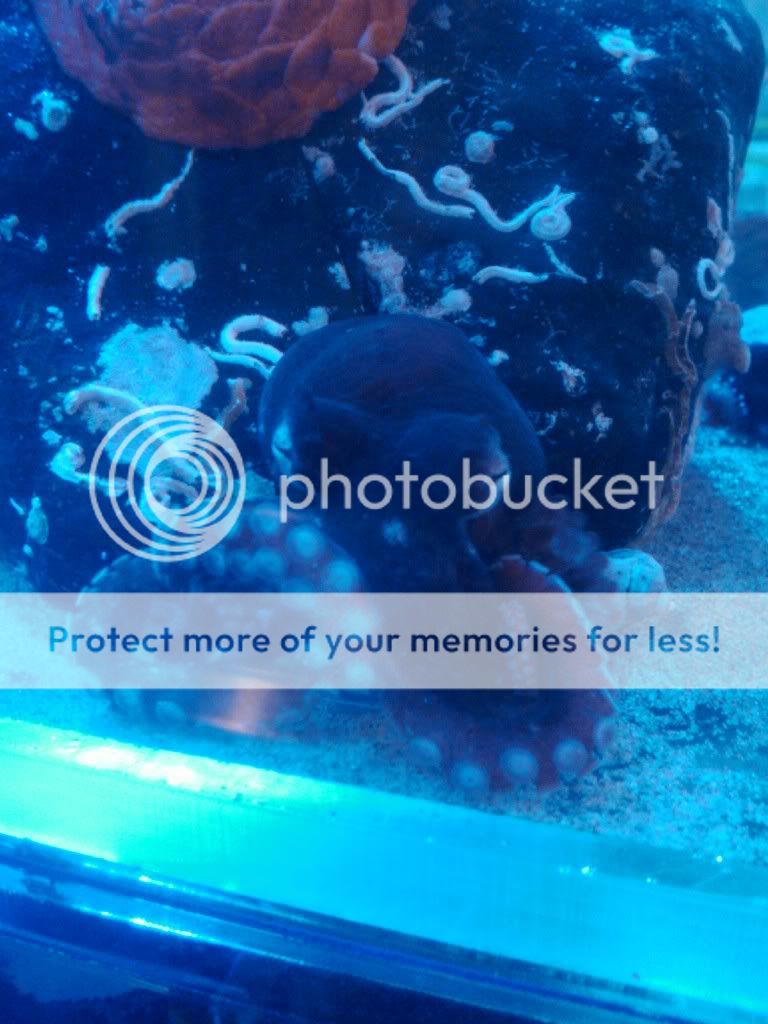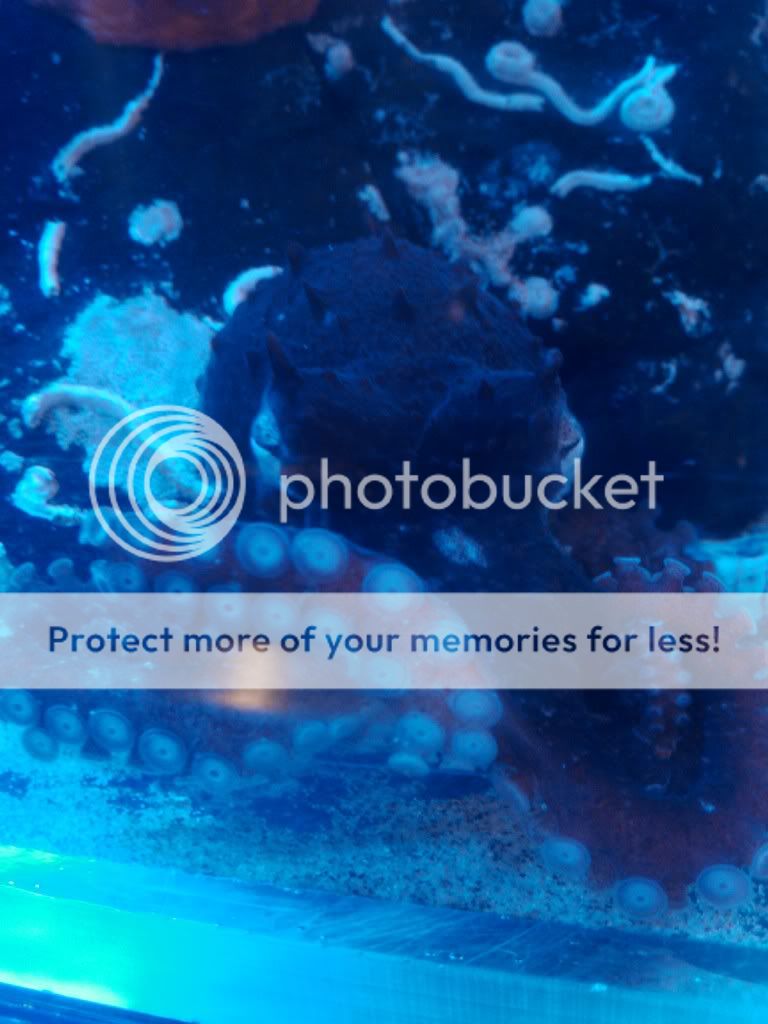- Joined
- Jan 2, 2011
- Messages
- 103
ceph;184106 said:Dive gear is $$$.
Octopuses are hard to find.
Live octopuses do not ship especially well.
Octopuses do not live in groups.
Octopuses do not mate in large groups.
Octopus meat does not sell for much.
In most cases, logistics limits the collection of octopuses more than anything else.
James
Yeah what he said
Your response was a lot more to the point than mine, lol.











